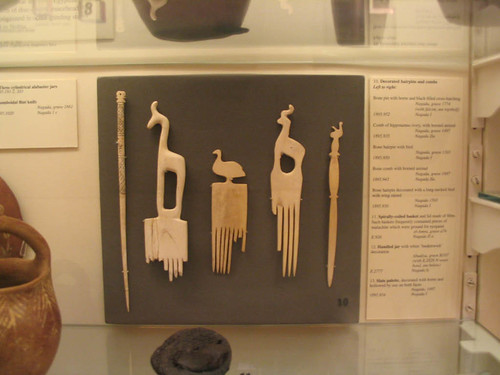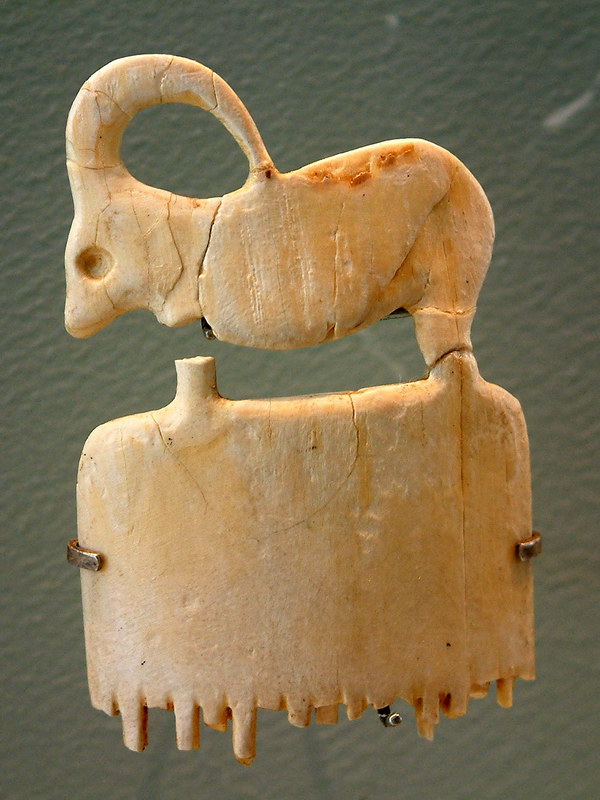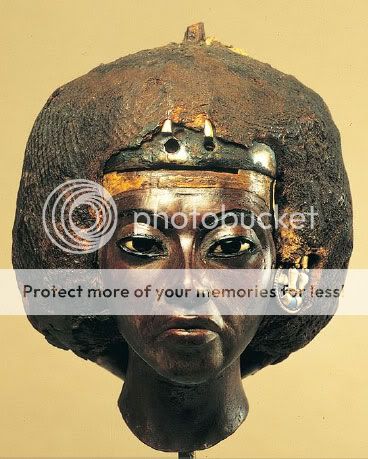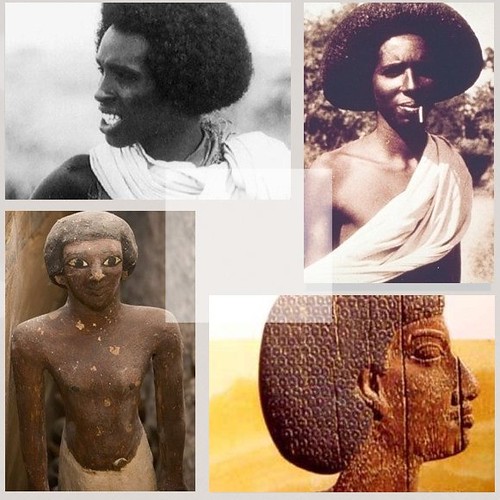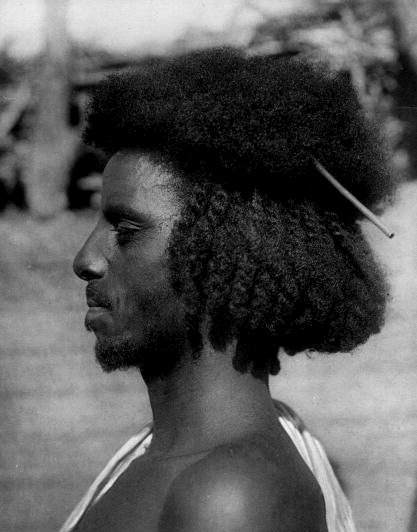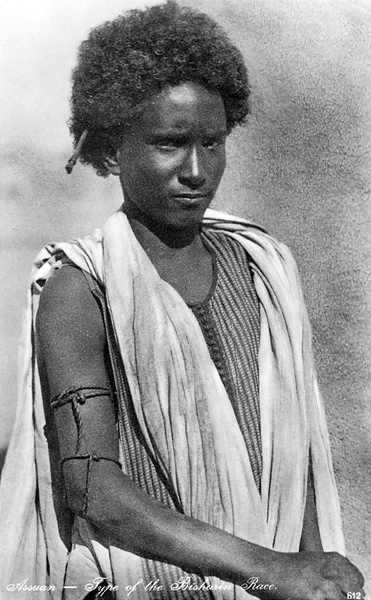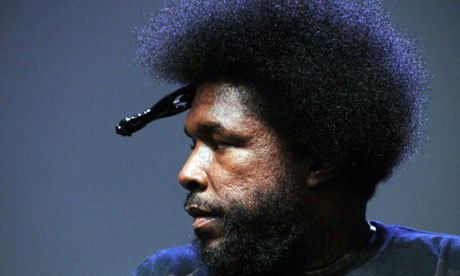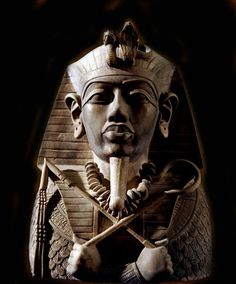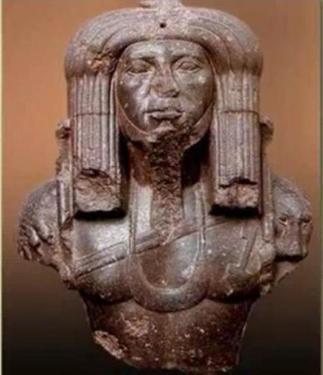The saga of "silliness" continues. Notice still no alternative narrative!
Alternative to what? "socially black" Neolithic Egyptians? I quoted your source that you misrepresented as stating how the Egyptians portrayed the Nubians as black, not themselves. And other sources agree:
"Their artistic representations of their neighbors are demeaning, and they clearly show that the ancient Egyptians considered themselves physically different from Nubians and other sub-Saharan Africans in facial features and skin tones, and from “Asiatics” as well"
Wenke, R. J., & Olszewski, D. (2007). Patterns
in prehistory: humankind's first three million years. New York: Oxford University Press.
If you are so concerned with "black" as a skin color then merely look at the graphical representations of Egyptian made of themselves relative to their neighbors.
Egypt has no single narrative. However, along with other parts of Northern Africa, variability in physical characteristics, religious practices, art, and language are more proximal to near-eastern counterparts than sub-Saharan Africa. Component analyses of genetic variability and structural variability indicate affinities with other African peoples as well as Asiatic and European. Linguistically, Egyptian is unique, but it is part of a collection of languages that spread throughout the near-east and then Eurasia, but not south of north Africa.
It seems highly probable that for all practical purposes Egyptians continuously occupied regions we identify as Egypt today. However, this tells us nothing about either the content of their character or the color of their skin:
"We have seen how important proving the blackness of the Egyptians is to the structure of Bernal’s argument. The reason why this attribution of colour also serves as an appropriate metaphorical expression for his whole enterprise is because it provides the crucial link between ancient civilizations and modern groups, who seek to confirm their status through association with these past societies.
The question that needs to be raised is what validity any such claims can possibly have. It is of course quite certain, without any need for proof, that many different groups, from many directions and at many different times, had their impact on the development of what became Greek culture. But the thesis, as Bernal has argued it, concerns not so much development as origins: the focus throughout the whole of Black Athena is on establishing what first determined the character of the culture. This, too,
only makes any sense on a quite un-historical set of assumptions."
O'Connor, D., & Reid, A. (Eds.). (2003).
Ancient Egypt in Africa (Vol. 1). Cavendish Publishing.
Nor is the problem limited to "Egypt vs. Africa vs. whatever" but involves important distinctions between upper and lower Egypt.
Also, studies that attempt to characterize what is distinctively Egyptian (and distinctive relative to what) do so by e.g., excluding commonalities between archaeological findings in Egypt and those from e.g., south west Asia. For one example:
Warfe, A. R. (2003).
Cultural origins of the Egyptian Neolithic and Predynastic: an evaluation of the evidence from the Dakhleh oasis (South Central Egypt). African archaeological review, 20(4), 175-202.
A continuous population in Egypt does not mean "black African" any more than we are all "black African". Physical characteristics of the Egyptian populous changed overtime and involved
1) The introduction of genetic variation via conquest and slavery
2) Within group variation based on socio-economic status
3) Temporal shifts as waves of immigrants, conquests, etc., changed population dynamics
4) The proximity of Northern Africa to the most powerful, extensive, and influential empires of the ancient world.
You wish to read into few studies on bone length not just skin color but some unified Africa which wouldn't exist even if there were no Egypt. It is particularly inapplicable to Egypt because, from a linguistic to a genetic perspective, Egypt has been occupied by probably the most variable (in a variety of ways) peoples on the planet.
There is no single narrative apart from those provided by white supremacists and afrocentrists. And your narrative is a handful of papers from a single origina and misquoting sources you haven't read to talk about a field you apparently don't know about which involve technicalities from the use of statistical distance metrics to linguistic models.
Nothing but "obfuscation":
Better that than your lies and dishonesty. If you can't even honestly cite your own sources, either you presenting yourself as being familiar with information you are merely regurgitating or you are deliberately being dishonest to mislead.

